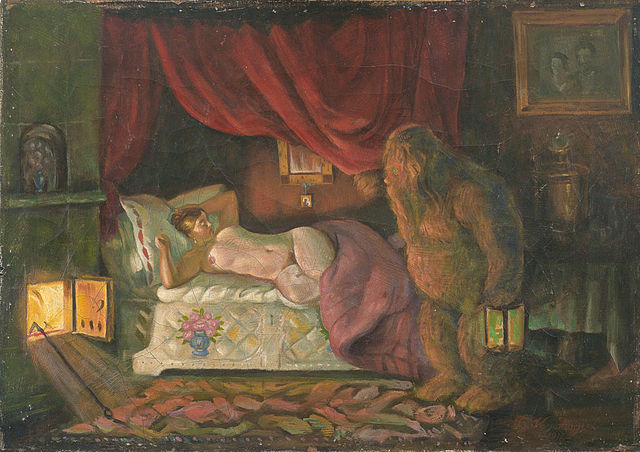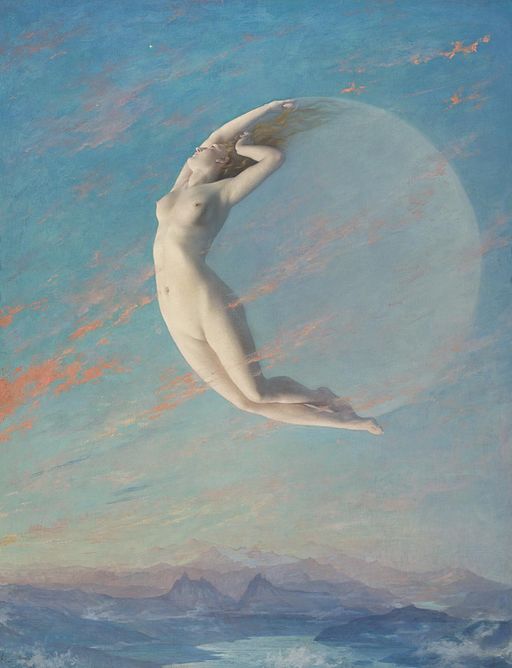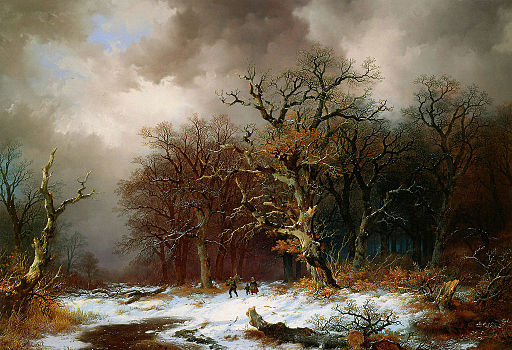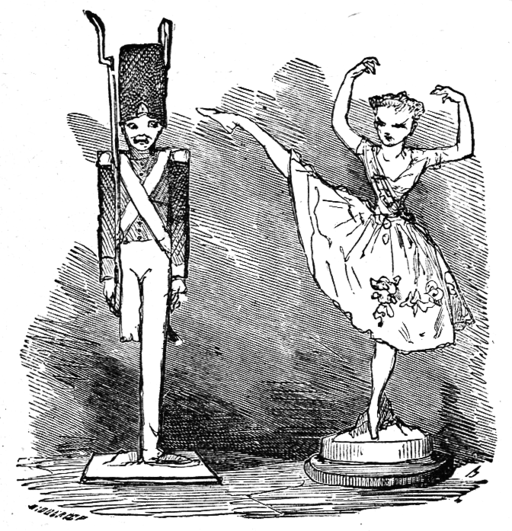poem30 Dec 2019 08:00 am

Christina Sng
“There’s always a price to be paid
For everything a man gives you.â€
My mother told me when
I was old enough to listen.
But of course, I was foolish
Like most girls in love,
Never noticing the jaded faces
Of those long-suffering wives
Of the elders in the village,
Trying to muster a smile
When they heard
I was to be married.
I regaled them with stories
Of his time as a Beast and
How my love changed him
Back into a Prince.
They bowed their heads
And bit their lips,
Telling me a child
Would be my life’s blessing
And truly, she is,
My beloved daughter,
Beside me here in the tower,
The same age as I was
When my mother
First warned me
Of what I know now
To be true,
For my Prince
Is once again a Beast
Despite his human face,
Snarling and slashing
With his once-clawed paws,
Throwing me across rooms
If I ever dared to be brave,
Standing up to his angry tirades,
Defending our daughter
From his scorn,Â
And comforting her in my arms
When he was done and gone.
I realize now there was a reasonÂ
Why he had been cursed:
To show the worldÂ
The Beast really was his true face,
For nature does not simply
Conjure beasts out of thin air.Â
The monster could never
Have been summoned
If he wasn’t already there.
Too late for me now, trapped
And caged at the mercy
And whim of a mad king.
No long thick braidÂ
Or a dragon to escape,
But an endless fall
Down the tower.
But perhaps… wait.
One day,
We might be able
To flee this place.
My daughter’s hair
Has now reached her waist.









